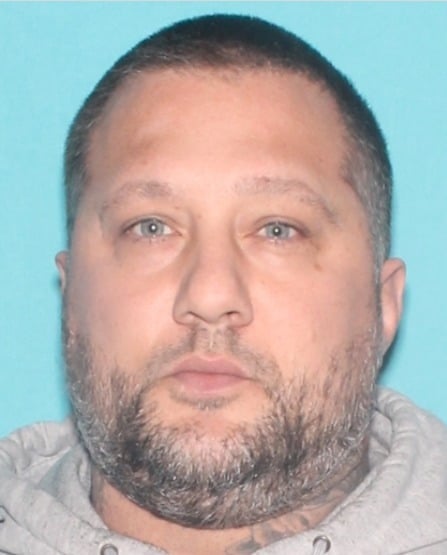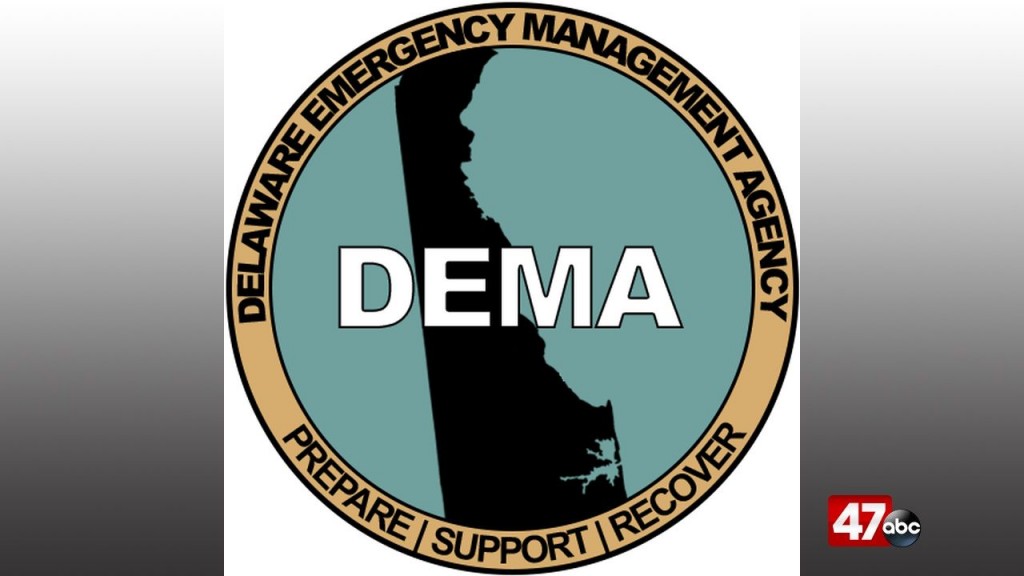MD Lawmakers push $12M investment supporting 988 trust fund, influx in call volume
MARYLAND – “There’s a recognition that the 988 Crisis hotline is a lifesaving tool,” Maryland Senator Mary Beth Carozza said.
Maryland Lawmakers proposing Senate Bill 3, that would provide $12 million in funding to the state’s 988 suicide and crisis hotline in 2025. “This is often the front way in or the entry for people who are seeking mental health services,” Senator Carozza said.
The bill would require the Governor to include appropriate funding in his Fiscal Year 2025 budget to the state’s 988 trust fund. In 2022, Maryland established the 988-Trust Fund and allocated more than $10 million to it for 2023 and 2024.
Now with an increase in call volume, lawmakers are looking ahead before the state could potentially face a mental health crisis.
According to the Substance Abuse and Mental Health Services Administration the hotline received more than 430,000 calls in December 2022, a nearly 50% increase from the year before.”We are finding that we still have many people, especially spikes in our youth, where these mental health services are needed,” Senator Carozza said.
Tackling the growing concerns of mental health statewide won’t be done just by analyzing call volume, as local Psychologist Dr. Kathy Seifert says callers will also need to be linked to follow up care. “What really makes those calls more effective is being able to find a therapist that you can go, whether its virtually or in person,” Dr. Seifert said.
“Those resources are also needing full funding.”
The bill also allocates those dollars to fund various call centers and behavioral health services statewide. As of 2022, Maryland has a call center that operates with 140 employees.
Dr. Seifert says the other challenge will be finding the labor. “Following the medical crisis of COVID, we’re entering a mental health crisis of having enough providers to answer calls and see people once they seek regular pyscho therapy,” Dr. Seifert.
Senator Carozza tells us concerns for the bill are around how the funding will be allocated. She says the bill is currently set as more of a mandate and more will need to be ironed out with the Maryland Department of Health.
Dr. Seifert says another reason for that uptick in call volume could be a lack of available in person providers, especially on the shore. She says some offices currently having wait lists of up to 6 months.
The bill passed unanimously through senate and now heads to the House where it awaits consideration.


